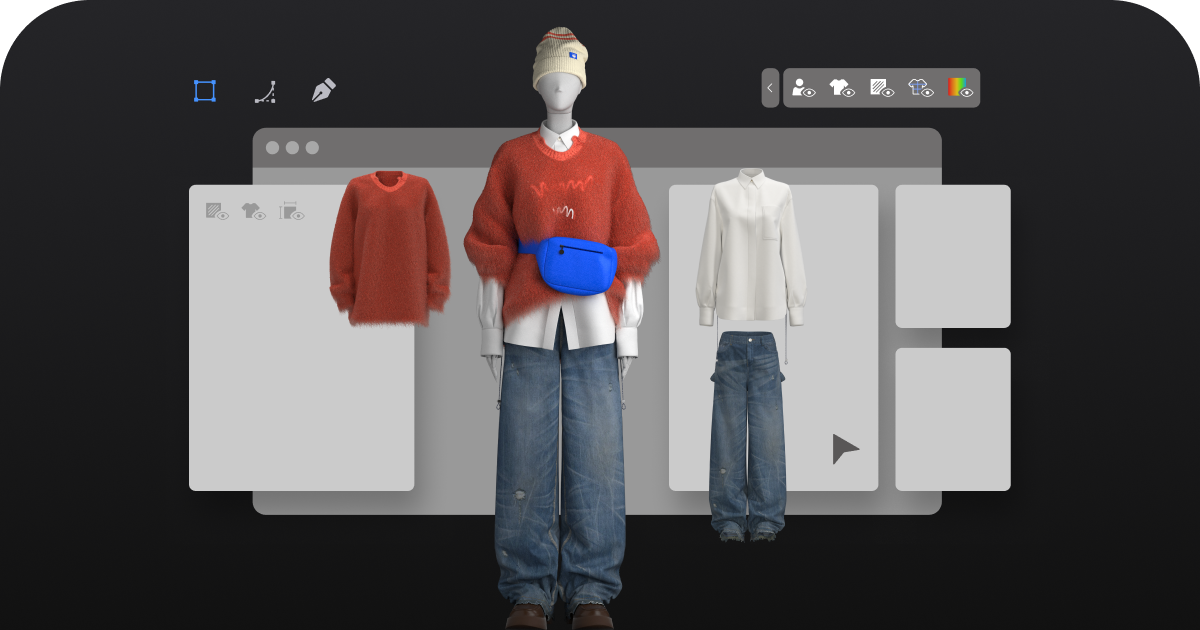
# Apparel Design Software for Fashion Professionals
## The Evolution of Fashion Design Tools
In today’s fast-paced fashion industry, apparel design software has become an indispensable tool for professionals. Gone are the days when designers relied solely on paper sketches and physical prototypes. Modern digital solutions have revolutionized the way fashion concepts are developed, refined, and brought to life.
## Key Features of Professional Apparel Design Software
### 1. Digital Pattern Making
Advanced apparel design software offers precise digital pattern-making capabilities that allow designers to create, modify, and test patterns with millimeter accuracy. This eliminates much of the trial-and-error process associated with traditional methods.
### 2. 3D Garment Visualization
Keyword: apparel design software
The ability to visualize designs in three dimensions before producing physical samples saves time and resources. Many programs now offer realistic fabric draping simulations that closely mimic how materials will behave in real life.
### 3. Color and Fabric Libraries
Comprehensive digital libraries give designers instant access to thousands of color options and fabric textures, making it easy to experiment with different combinations and create professional presentations.
## Benefits for Fashion Professionals
Using specialized apparel design software provides numerous advantages:
– Reduced development time and costs
– Improved accuracy in measurements and specifications
– Enhanced collaboration between design teams
– Easier modifications and iterations
– Better communication with manufacturers
## Choosing the Right Software Solution
When selecting apparel design software, professionals should consider:
– Their specific design needs (e.g., casual wear, haute couture, sportswear)
– Integration capabilities with other systems
– Learning curve and training requirements
– Budget constraints
– Hardware compatibility
## The Future of Digital Fashion Design
As technology continues to advance, we can expect apparel design software to incorporate more AI-driven features, augmented reality tools, and even more sophisticated simulation capabilities. These innovations will further streamline the design process and open up new creative possibilities for fashion professionals.